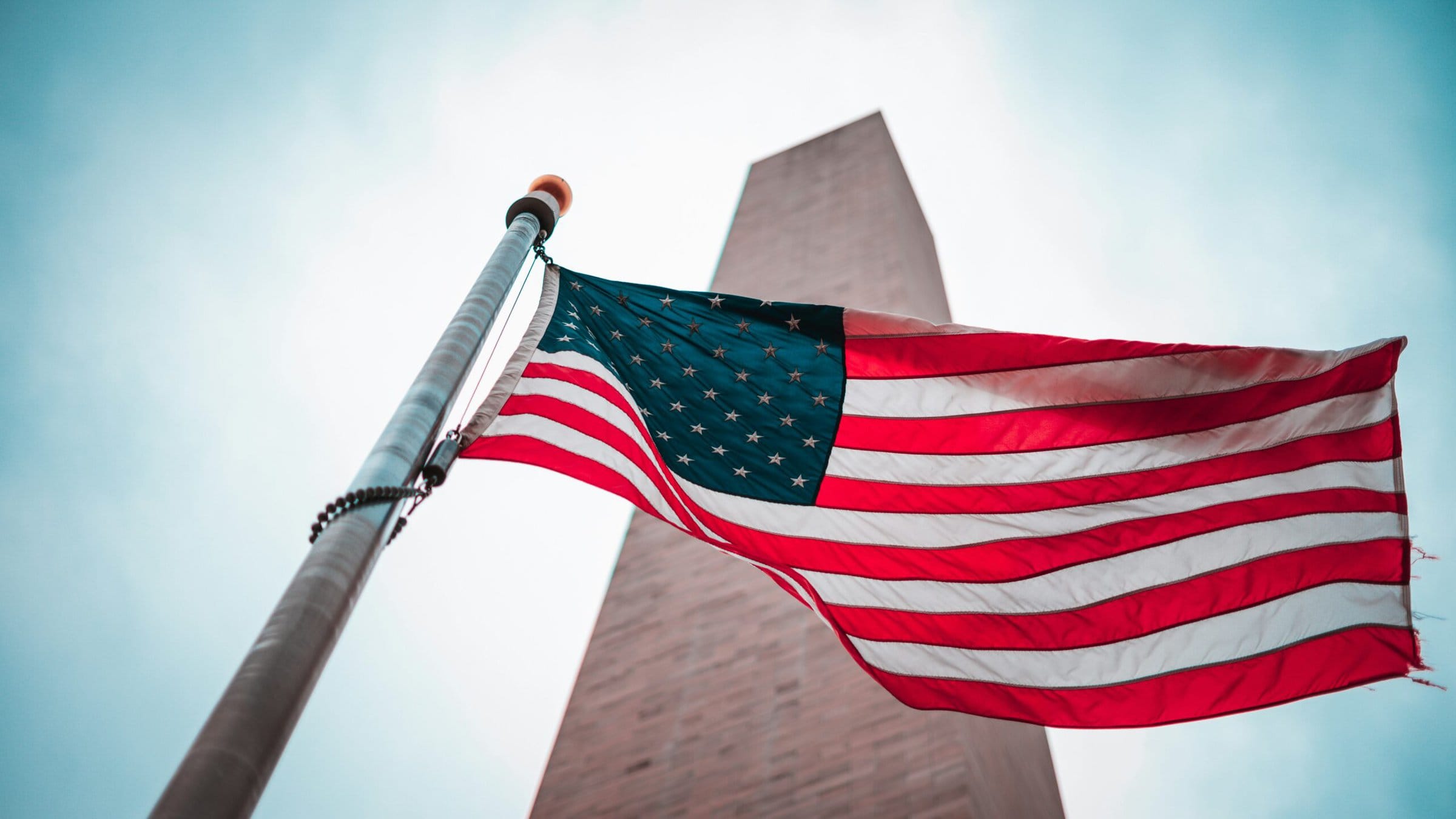In September 2021, the American Historical Association and the Organization of American Historians submitted an amicus curiae brief to the US Supreme Court presenting the relevant history to the Dobbs v. Jackson Women’s Health Organization case. We are dismayed that the court declined to take seriously the historical claims of our brief. Instead, the court adopted a flawed interpretation of abortion criminalization that has been pressed by anti-abortion advocates for more than 30 years. The opinion inadequately represents the history of the common law, the significance of quickening in state law and practice in the United States, and the 19th-century forces that turned early abortion into a crime.
Historians might note that the court’s majority opinion refers to “history” 67 times, claiming that “an unbroken tradition of prohibiting abortion on pain of criminal punishment persisted from the earliest days of the common law until 1973.” Our brief shows plentiful evidence, however, of the long legal tradition, extending from the common law to the mid-1800s (and far longer in some American states, including Mississippi), of tolerating termination of pregnancy before occurrence of “quickening,” the time when a woman first felt fetal movement. The majority of the court dismisses that reality because it was eventually—although quite gradually—superseded by criminalization. In so doing the court denies the strong presence in US “history and traditions” at least from the Revolution to the Civil War of women’s ability to terminate pregnancy before the third to fourth month without intervention by the state.
The court’s decision erodes fundamental rights and has the potential to exacerbate historic injustices and deepen inequalities in our country.
These misrepresentations are now enshrined in a text that becomes authoritative for legal reference and citation in the future. The court’s decision erodes fundamental rights and has the potential to exacerbate historic injustices and deepen inequalities in our country. We expect that historians will continue to correct the court’s misinterpretation about the history of legalized abortion in the US in their own research, teaching, and public speaking, while also addressing the multifaceted dilemmas presented by this decision.
The OAH and AHA consider it imperative that historical evidence and argument be presented according to high standards of historical scholarship. The court’s majority opinion in Dobbs v. Jackson does not meet those standards and has therefore established a flawed and troubling precedent.
Approved by the AHA Council on July 6, 2022. See the full list of signatories here.
This work is licensed under a Creative Commons Attribution-NonCommercial-NoDerivatives 4.0 International License. Attribution must provide author name, article title, Perspectives on History, date of publication, and a link to this page. This license applies only to the article, not to text or images used here by permission.

